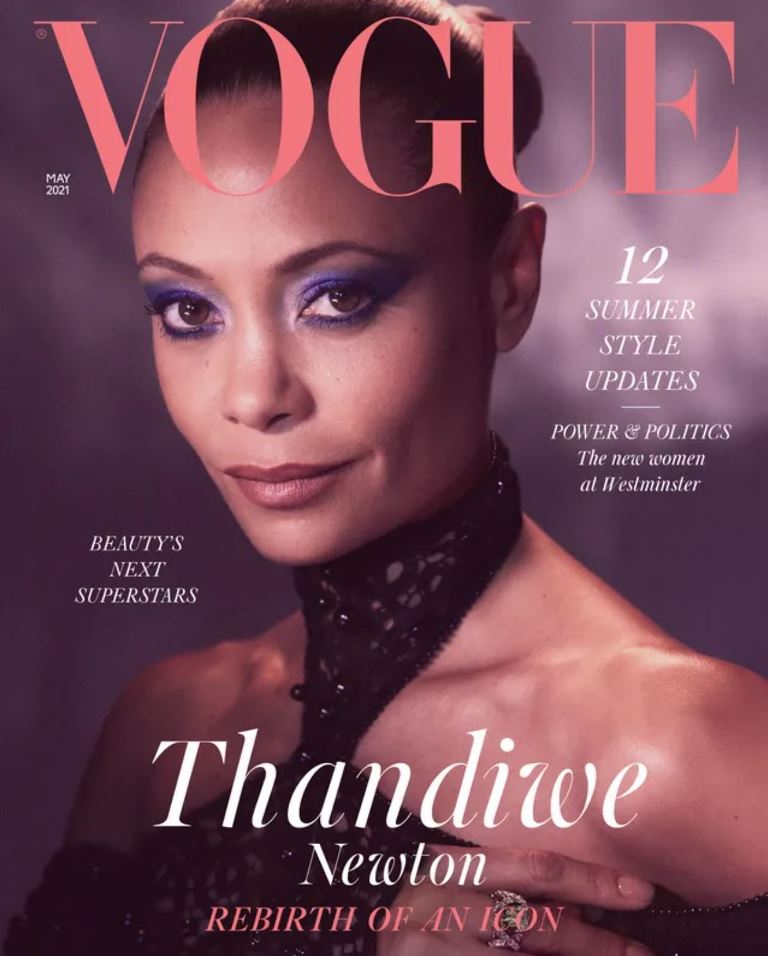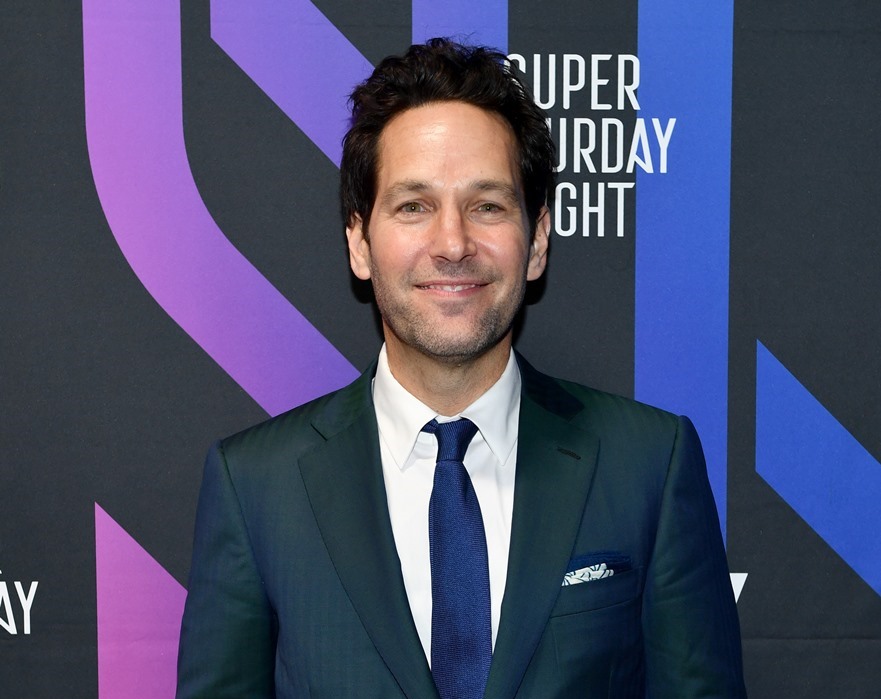Her Name Is Thandiwe



The May issue of British Vogue features an interview with cover star Thandiwe Newton – and the entire piece is framed by that once-omitted ‘w’, and the correct pronunciation, ‘Tan-DI-we’. The explanation in the piece is that it was ‘carelessly missed out’ from her first credit, which seems both overly generous and an oversimplification… and yet, I understand it perfectly. Thandiwe herself explains more fully on Twitter how this came about the first time:
The director of my first film asked to use my actual name for the character - because it was authentic and beautiful. I felt flattered and agreed. And then in the credits they used my ‘nickname’ to differentiate from the character name. They stole my name. And I’m taking it back. https://t.co/O4jPtxj06D
— Thandiwe Newton (@ThandiweNewton) April 5, 2021
But the 20 years that follow have proved that the continued use of ‘Thandie’ is more insidious than just that, isn’t it? I was struck by this excerpt from the piece:
“I find that acting takes more and more away from me,” she says with candour, “because I’m more connected to myself than I’ve ever been, whereas before I was delighted to get an excuse to go off to another personality. I couldn’t wait to get away from myself, truly, I had such low self-esteem. Acting was where I felt whole.”
This is actually the meat of the Vogue article – all the ways Thandiwe was pushed, manipulated, prompted not to be herself, and maybe, too, the way she eventually capitulated, without realizing what it would cost. Look at this interview clip from March 10th of 2020, the relevant part starts at 00:27…
Niall Horan jokingly points out that Corden’s been pronouncing his name wrong, and even then, it’s only when Thandiwe is asked that she points out people’s insistence on pronouncing her name the way they see fit. But before that – look at her face when Corden says that no, Niall Horan’s been pronouncing his own name wrong! Yes, I know he was joking, but do you know how many times people will say exactly that? “Are you sure? Because I heard it like this…”
Still though, she didn’t take that moment, or millions of others, to correct people about her name, because it must have seemed at many times that the cost was too much. After all, she’s now celebrated, and notable for how often she speaks her truth, and yet, there’s also this reality, taking place today, in April 2021…
“Even though people know they can speak out now, there is still the fear of losing their job. I mean literally, people still say, ‘There’s someone else who could take this position, if you’re not happy’, that kind of sh-t. I do think studio heads need to take much more responsibility.”
In other words, speak out at your own risk, even now. Be aware that standing up for your own rights, your own needs and personhood, may actually mean that people who are supposed to value your work and contributions will say, no actually, you’re not that relevant to the project. It calls to mind so much from last week’s New Yorker piece by Beth Nguyen, “America Ruined My Name For Me”, specifically this quote:
“All my life, America has told me that I’m overreacting. That it is still O.K. to laugh at Asian names, still O.K. to make fun of Asian people… [and when] Asian people express anger about it, they are countered with “you’re too sensitive; it’s just a joke.” I get it—the joke is more important than our existence.”
The joke is more important than our existence. The credit on your previous films is more important than your real name. Our opinions of what your name ‘should’ be are more important than who you actually are. It sounds ridiculous written out that way, and it would be, if I hadn’t seen and experienced it being reinforced every single day.
To that end, I have no time for Twitter caterwauling at Thandiwe about ‘how did it take this long’ or ‘why didn’t you say anything?’ Newton has made it very clear over the past couple of years that she took a lot of abuses of varying types in the industry for a long time, and that she’s ready now to be her truest self – just as the author of the New Yorker piece, Beth Nguyen, is ready to embrace a new name now. This is the beauty and tragedy of how we live. We can’t go back and omit our mistakes, even when those mistakes now feel like an act of disloyalty to our present selves.
As I wrote this piece, a friend relayed in real time the experience of watching her daughter be pushed out of a soccer game by a group of boys who tried to tell her she didn’t belong there. “This is where that bullsh-t starts,” she wrote. “I remember it so well.” Of course she wishes she could go back and push back at the boys who, decades ago, shoved her out of games she wanted to be in, convincing her she didn’t belong there. Of course that now feels like something she can’t believe was allowed. But all she can do now is be the voice she didn’t have, telling her daughter that she’s entitled to take up space wherever she pleases.
Thandiwe Newton is setting an example for younger people – for her children, who come up often in the interview. But she’s also doing the best she can to be the person she was told, overtly and insidiously, that she wasn’t entitled to be back then, even 30 years after the fact.
It’s worth it to all of us to consider what we’ve been carrying around, because someone told us we had to, that we really don’t need anymore – and how freeing it might be to put it down for good.

